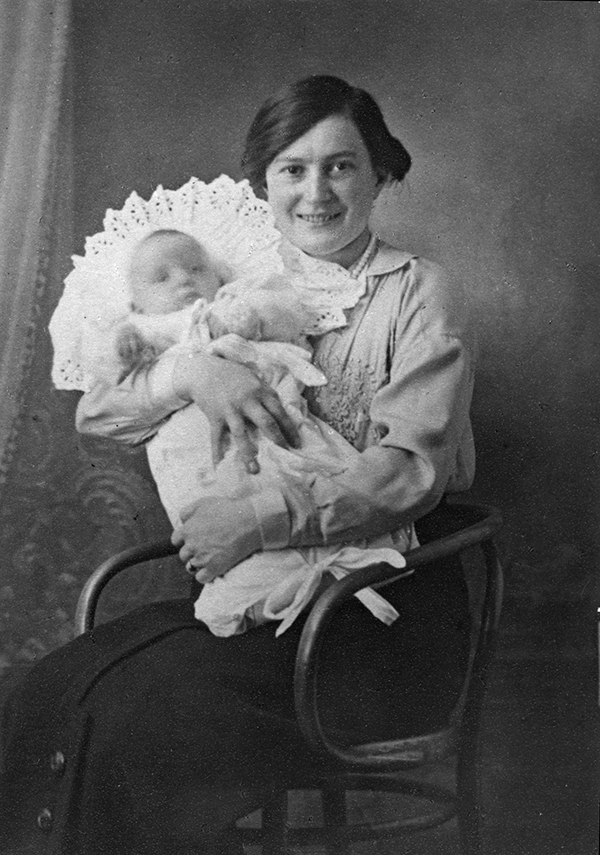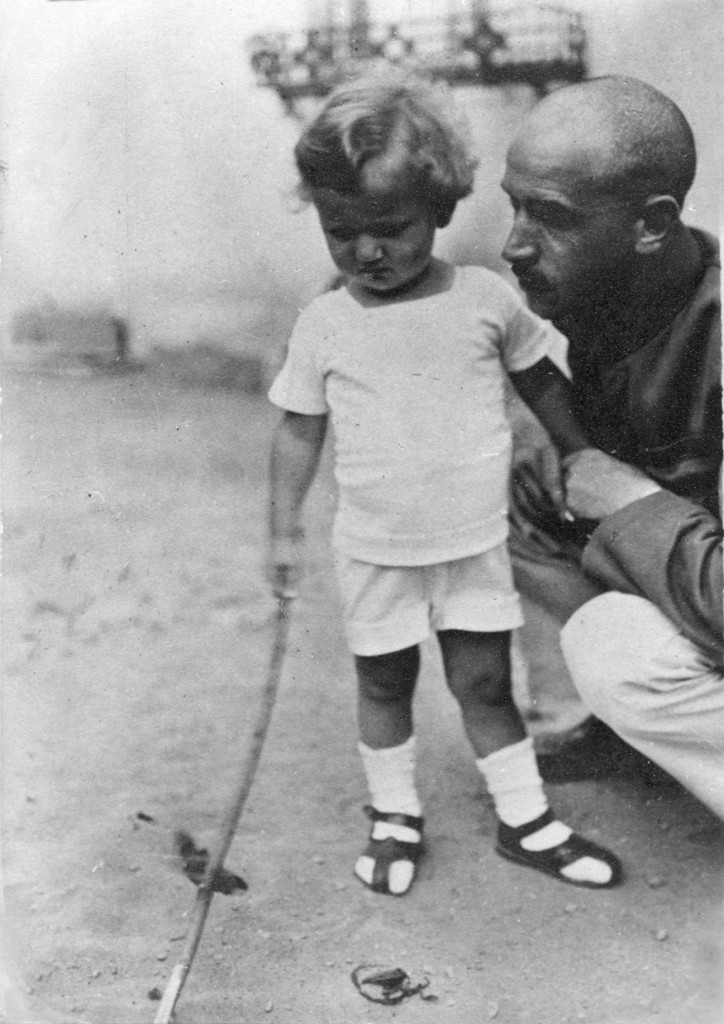
My father’s earliest memory is of lying on a red Persian carpet under a brown dining table. He is three years old. He is trying to decipher the symmetrical patterns in the carpet… as if they signified something; something hidden, yet knowable. He tries to explain this to his mother but he lacks the words. Julia Weidlinger just smiles at her son. She is twenty-eight years old and very beautiful with long red hair, a round face, and gentle eyes.
Within a few months another woman, with a red cross on her starched white blouse moves in with the family. Julia becomes a casualty of the great Spanish Flu Epidemic of 1918. Her last words to her husband (my grandfather), Andor were: “Take care of our little Pali.” This disturbed the boy. Why did his father need to be told this? Didn’t it go without saying?

After Julia’s death Andor kept Pali close. They would walk together to the army base on the outskirts of Budapest where Andor, an officer and engineer in the Royal Hungarian army, was stationed. Along the way my grandfather would unbuckle his saber and let Pali wear it. The boy was so small that the scabbard trailed on the ground, raising a plume of dust.
When World War I ended Hungary was on the losing side. The map of Europe was redrawn so that 71 percent of Hungary’s territory became parts of other nations. In the space of thirteen months the country experienced three revolutions, each bloodier than the last. Idealist reformers gave way to communists, then fascist counterrevolutionaries. Andor slept with a revolver under his pillow.
To get an idea of the world that Paul Weidlinger was born into check out the newsreels for 1914 and 1918 on the website of the Hungarian National Film Archive http://filmhiradokonline.hu/. The text is all in Hungarian but the silent pictures speak volumes.